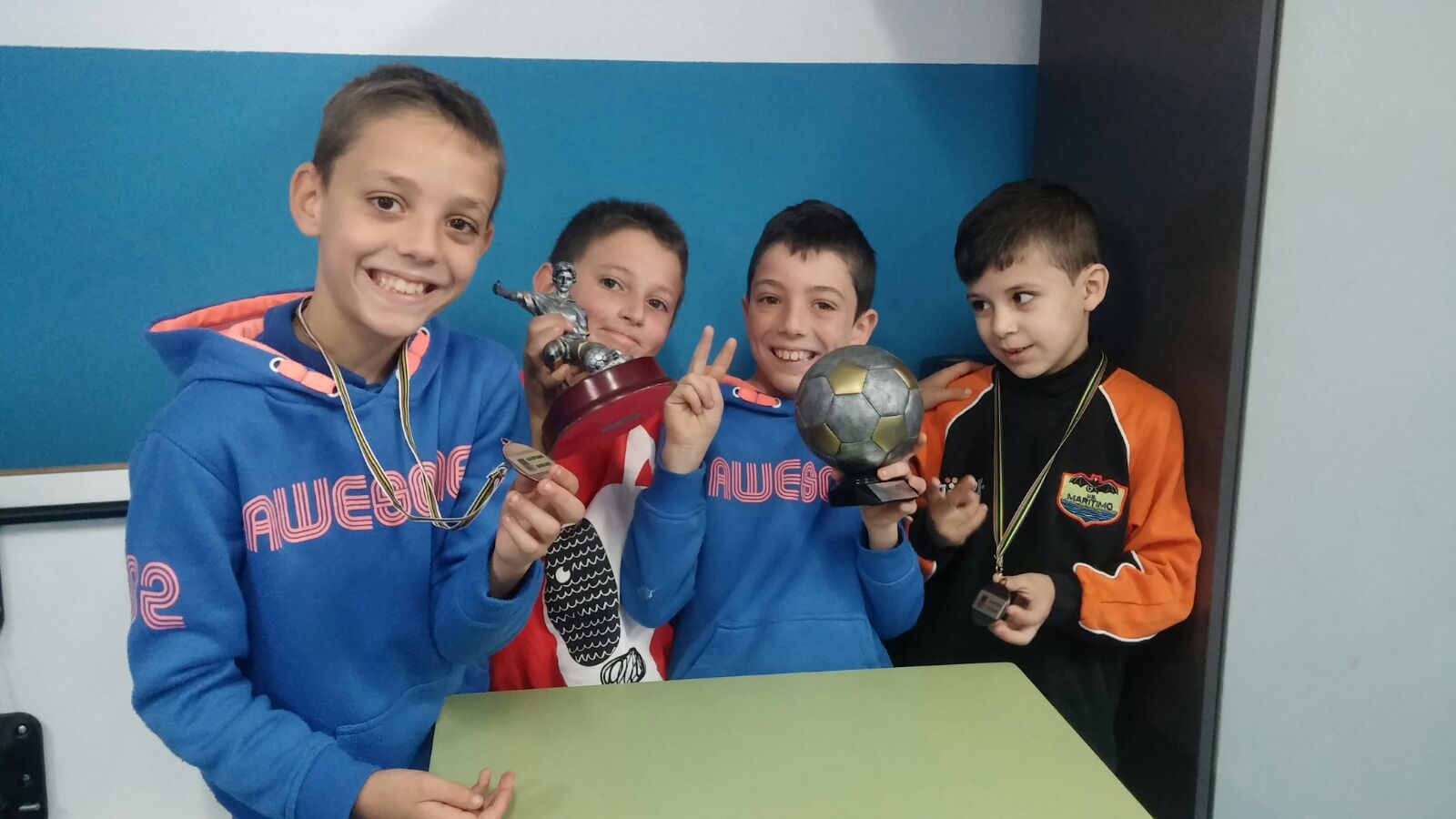
Description
The Nazareth Morning School is a service provided daily from 8:00 a.m. to 10:00 a.m. at Nuestra Señora de los Desamparados School, and that provides attention to 25 minors at risk of social exclusion from Early Childhood and Primary Education (from 4 to 12 years) in order to avoid school failure. To achieve this, the project affects 4 complementary axes:
- The satisfaction of the food and basic hygiene deficiencies prior to the school period;
- The development of recreational and sports activities that promote greater integration into the learning environment;
- Monthly meetings of advice and support for parents/caregivers;
- Carrying out daily visits to the residence of the absentee minors;
- Psychological attention individually and collectively to users.
The sum of these activities aims to promote an increase in educational performance in children, the reduction of early school leaving and, therefore, prematurely stopping the mechanisms that generate educational exclusion.
Objectives
The general objective of the project is to influence the reduction of school failure through socio-educational support focused on minors at risk of social exclusion from the Early Childhood and Primary Education of the Nuestra Señora de los Desamparados School, which facilitates the increase of educational performance and the reduction of early school leaving. To this end, the following specific objectives are proposed:
- Incorporate adequate eating and morning hygiene habits prior to the school period;
- Promote greater integration in the educational environment through the carrying out of recreational and sports activities related to the culture of peace;
- Reduce school dropouts through the “wake up” service for absentee minors;
- Guide the participation of mothers/caregivers in the process of care and education of minors;
- Facilitate the process of understanding and emotional expression of users through psychological care.
Beneficiaries and selection method
The project benefits minors from families with serious cultural, economic, socio-emotional and educational deficiencies, many of them single parents, at risk of social exclusion, without stable employment and dependent on social benefits. In the aforementioned context, the Nuestra Señora de los Desamparados School is presented, in most cases, as the only educational intervention in the area of users. This, together with a poor use of free time, increases the possibilities of exclusion and, more specifically, of abandoning studies and academic failure.
The management team of the Nuestra Señora de los Desamparados School selects the beneficiaries from among the students enrolled in Early Childhood and Primary Education who have a higher level of absenteeism and/or poor performance in school activities. Likewise, the opportunity is opened for the families themselves to request the enjoyment of this service, through the offer of a request form to the students at the end of the school year, which must be presented to the Secretary of the Center and which is subject to subsequent evaluation by the management team.
Background
The Nazareth neighborhood currently has a population of approximately 7,000 inhabitants, a figure that has increased significantly in the last two years. This fact has been accompanied by a progressive process of degradation of the area as a consequence of the installation of a population in a precarious social situation, made up mainly of gypsies and immigrants. Coexistence between these groups is difficult, leading to a circumstance of latent risk. On the other hand, the location of the neighborhood and its disconnection with the rest of the city makes it difficult to exchange experiences with other realities in the society of the city of Valencia, generating an impoverishment of future expectations and an isolation of the population in a environment in which social conflicts predominate.
In the aforementioned context, according to data from the Nuestra Señora de los Desamparados School, The level of schooling in Nazareth is one of the lowest in Valencia, with a percentage of 22% of the population without education. Among the main factors identified by the institution's management team are school absenteeism, demotivation, aggressiveness, as well as the lack of appreciation of school as a place of training and personal development. Likewise, the school failure rate is revealed to be one of the highest in the city.
For this reason, in 2012, the School's management team detected the need to care for children in Early Childhood and Primary Education who had low educational performance and a high rate of absenteeism linked to contexts of social vulnerability and family breakdown, therefore who required support and accompaniment to prevent school failure. Thus, the “Nazareth Morning School” project began in the 2013-2014 academic year, developed by the school in collaboration with Fundación por la Justicia.
In its current stage of development, it was found that to effectively reduce school failure, a approach to the family context of the beneficiaries, which is why two new activities were incorporated into the project: on the one hand, the figure of an alarm clock monitor who will go to the homes of repeated absentees; and, on the other hand, holding monthly advisory and support meetings for mothers/caregivers related to the organization of the daily life of care and education of minors. In this sense, in 2017, minors and their families were offered the necessary tools to seek solutions to the problems that interfere with educational development in a more autonomous way.
Volunteering
Volunteering is one of the fundamental pillars on which the Nazareth Morning School project is based, presenting itself as an opportunity for civil society to raise awareness about the reality of inequality and social exclusion in vulnerable children in the Nazareth neighborhood. , and can at the same time be trained in Human Rights and know the existing tools to act in their defense as a full exercise of citizenship.
Financing
The main funder of this project is La Caixa Social Work.
